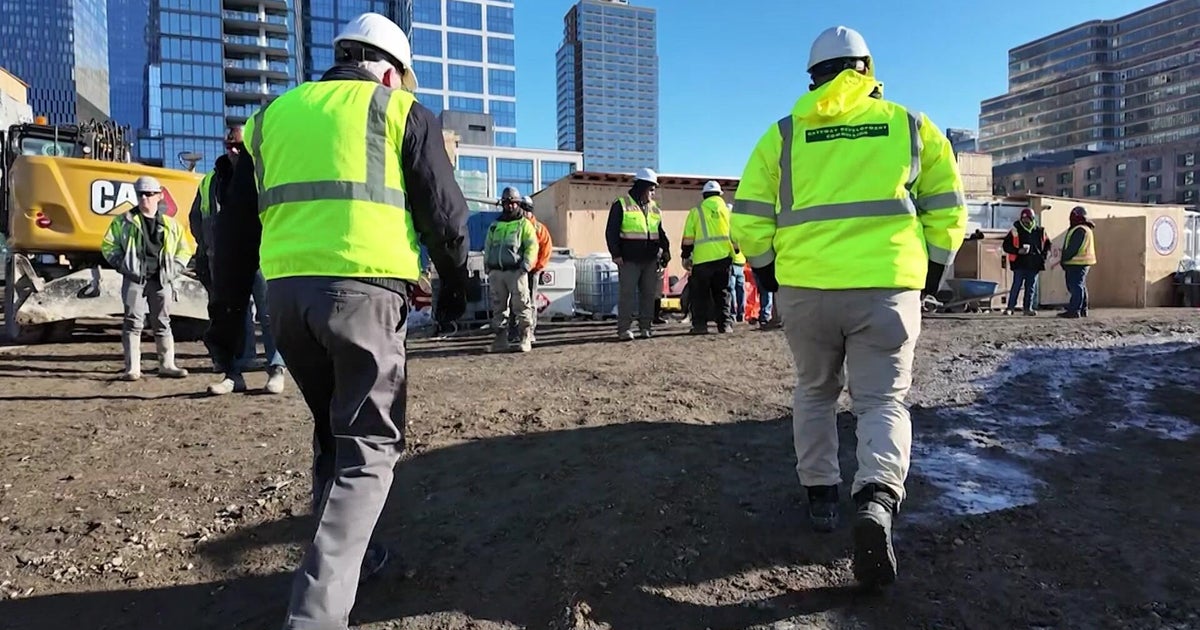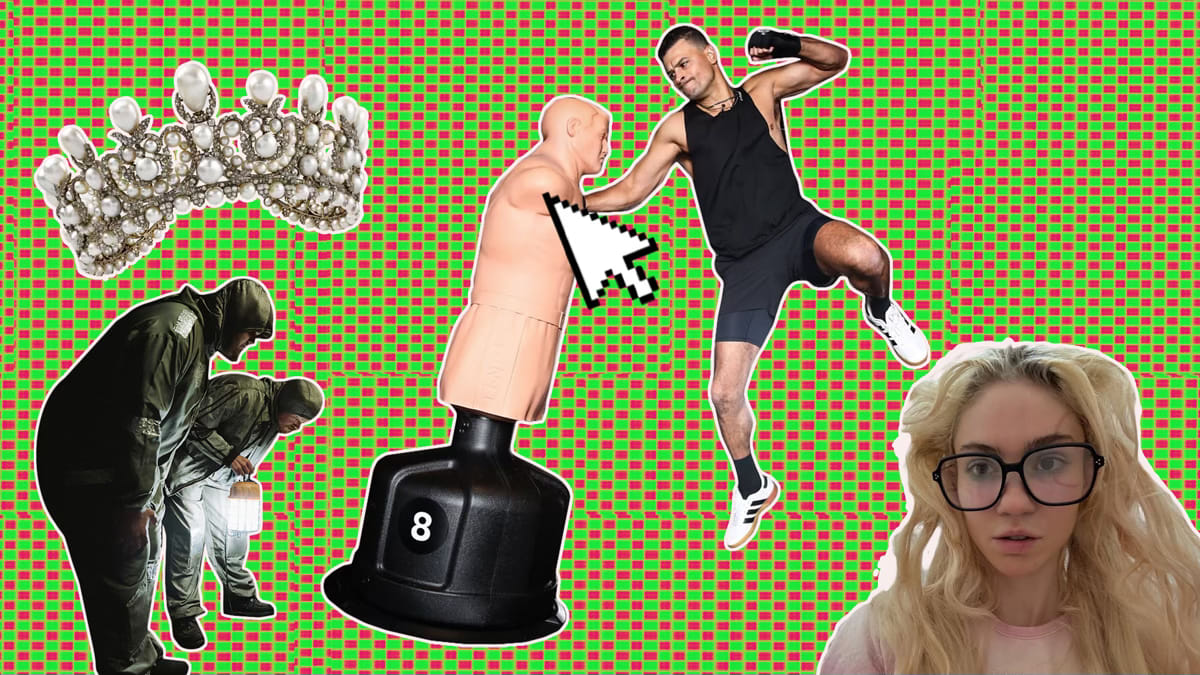Self-employed workers can now collect unemployment — good luck with that
In a first, millions of self-employed Americans are being allowed to apply for enhanced jobless aid as part of the federal government's response to the coronavirus. Now for the hard part: Getting what's theirs.
Many states around the U.S. have yet to start accepting applications for unemployment insurance benefits from independent contractors, freelancers and other self-employed workers. While some states have yet to even announce when they'll be ready to begin processing their applications, others remain weeks away. Ohio, for instance, estimates it won't be prepared to start accepting claims from the self-employed until mid-May.
The delay largely comes down to states needing to create new websites and applications for freelancers to apply for these benefits, given that the typical unemployment site is geared toward serving traditional full- and part-time workers. At the same time, unemployment offices across the country are overwhelmed with a record-breaking 26 million workers who have filed for jobless pay since early March.
"Right now, the traditional unemployment benefit programs in each state are incredibly overwhelmed with claims just from employees," said Cheryl Sabnis, a partner at law firm King & Spalding. "Now you have a lot of work to do in a short period of time and to figure out a way for individuals to actually access the benefits."
The country had more than 26 million sole proprietors — businesses owned and run by one person, such as consultants, mechanics, freelance writers and artists — according to the most recent IRS data. To be sure, the total universe of gig workers is much larger, with freelancing website Upwork estimating that 57 million Americans are freelancing, either as side gigs or as full-time jobs.
Under the $2 trillion Coronavirus Aid, Relief, and Economic Security, or CARES, Act, self-employed workers now qualify for $600 in weekly Pandemic Unemployment Assistance (PUA) benefits through the end of July. Yet the process of applying for these expanded benefits hasn't been easy for many self-employed workers. Some who have been able to apply for PUA benefits in their state say the process is confusing and remain unclear on when, exactly, money will start flowing.
"It is terrifying"
Take Catherine Smith, 33, a travel and food writer who also works in Airbnb management services for homeowners in Philadelphia. When the coronavirus outbreak started spreading across the U.S. in March, her income plunged as publications held off on assignments and travelers canceled their Airbnb rentals in the city.
"There was a conference the weekend of March 20th, and all our reservations — we have dozens of houses — all these houses got canceled," she recalled. "We just started seeing Airbnb pull money from our account."
Overall, Smith estimates she's lost between 70% to 90% of her income in about a month. "It is terrifying," she said.
Smith applied for unemployment benefits through Pennsylvania's Pandemic Unemployment Assistance site after it launched on Saturday. After spending more than 5 hours on the application, she said the site told her to return when the rest of the system was completed. "It said, 'This part of the site hasn't been finished yet'," she recalled.
"I go in this loop where I get frustrated and angry. Why they can't just build a system that works? This process shouldn't be this complicated," she said.
Limiting circumstances
It's also unclear how many self-employed workers will qualify for PUA, with some policy experts noting that recent U.S. Labor Department guidance on administering the benefits under the new law could exclude many jobless people. For instance, the rules potentially exclude gig workers, such as Uber drivers, as long as they can still log into their apps and presumably find clients.
The CARES Act also limits PUA benefits to certain types of people, including those who have been diagnosed with COVID-19 or who are caring for family members with the disease, Sabnis noted. But getting tested remains difficult in many states, a hurdle for self-employed workers who want to prove they qualify for the aid, she said.
Despite such obstacles, Andrew Stettner, a senior fellow at the Century Foundation and an expert on unemployment, urged self-employed workers not to give up in trying to enroll for jobless aid.
"I do think that states are working hard to set up the programs," he said. "Be persistent. Keep checking in to see what your state is doing. They will come live over the next period of time, hopefully one week in some states and three weeks in other states."
Some self-employed workers have had more success than others. Lacey Muszynski, a food and travel writer in Wisconsin, said she applied for PUA benefits on April 21, the first day her state began taking applications.
"It was just a couple online form pages with typical questions about your business, how you make your money and how COVID-19 is affecting it," she recounted.
But given her state's backlog in unemployment claims, Muszynski doesn't expect to learn whether her application was approved for another couple of weeks.
"Here in Wisconsin the process was pretty straight forward," she said, "although it remains to be seen if they start rejecting applications for not having enough income proof or other reasons related to being self employed."



